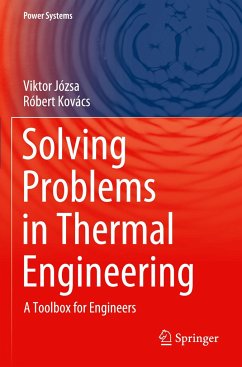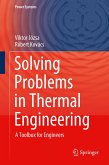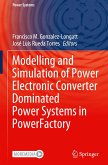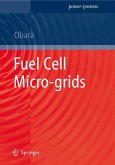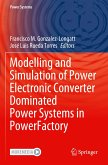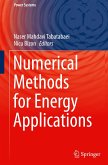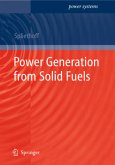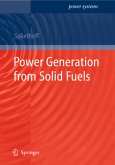This book provides general guidelines for solving thermal problems in the fields of engineering and natural sciences.
Written for a wide audience, from beginner to senior engineers and physicists, it provides a comprehensive framework covering theory and practice and including numerous fundamental and real-world examples. Based on the thermodynamics of various material laws, it focuses on the mathematical structure of the continuum models and their experimental validation. In addition to several examples in renewable energy, it also presents thermal processes in space, and summarizes size-dependent, non-Fourier, and non-Fickian problems, which have increasing practical relevance in, e.g., the semiconductor industry. Lastly, the book discusses the key aspects of numerical methods, particularly highlighting the role of boundary conditions in the modeling process.
The book provides readers with a comprehensive toolbox, addressing a wide variety of topics in thermalmodeling, from constructing material laws to designing advanced power plants and engineering systems.
Written for a wide audience, from beginner to senior engineers and physicists, it provides a comprehensive framework covering theory and practice and including numerous fundamental and real-world examples. Based on the thermodynamics of various material laws, it focuses on the mathematical structure of the continuum models and their experimental validation. In addition to several examples in renewable energy, it also presents thermal processes in space, and summarizes size-dependent, non-Fourier, and non-Fickian problems, which have increasing practical relevance in, e.g., the semiconductor industry. Lastly, the book discusses the key aspects of numerical methods, particularly highlighting the role of boundary conditions in the modeling process.
The book provides readers with a comprehensive toolbox, addressing a wide variety of topics in thermalmodeling, from constructing material laws to designing advanced power plants and engineering systems.

